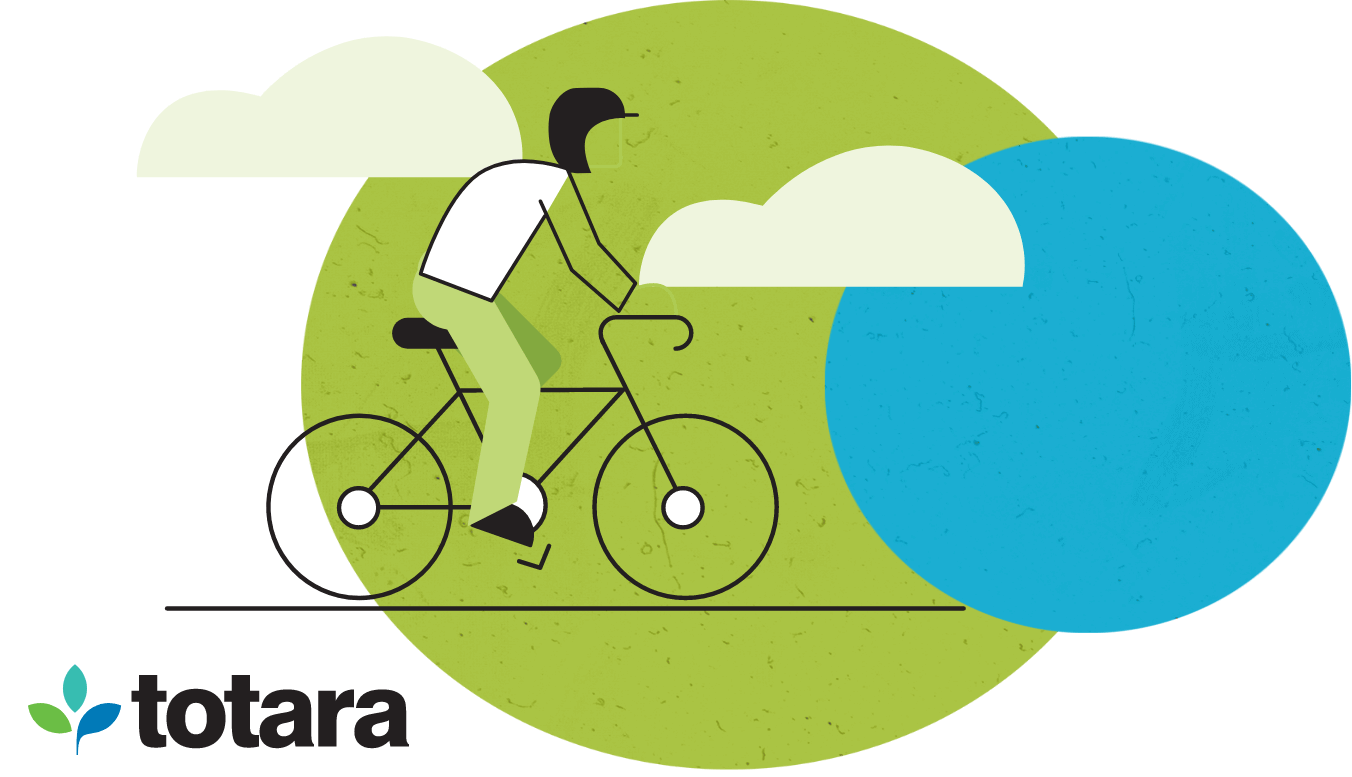Making the world leading
Learning Management Systems
The Totara LMS is trusted by thousands of organisations and millions of learners worldwide. We take the multi-tenancy system and tailor it for your organisation and integrate it with your existing solutions.
Learning Experience Platform
The Totara LXP allows your learners to engage and collaborate with each other. Combined with powerful Performance tool it allows organisations to create personalized learning plans and monitor effectiveness.
Live Online Learning
We use the world leading Watch and Learn solution to offer a true blended learning environment. Live classrooms, collaborative learning, asynchronous learning, and coaching.




Integrations & Extensions
We integrate the solutions you use daily with your learning programs and other enterprise wide solutions. This includes Microsoft Teams, LinkedIn Learning, Zoom, Salesforce, Slack, Workday, Snowflake, and Watch and Learn.

Making a personalized and enterprise
-wide solution for you


Then we take it to a whole new level:
About Webanywhere
Webanywhere are specialist providers of web-based learning platforms, bespoke content, phone apps and online resources. We are at the forefront of learning technology development that enables people to achieve more and collaborate through shared learning. Since our formation in 2003, the company has evolved and expanded globally.
Following our motto of ‘stretching beyond’, we’ve helped over 3,500 educational and corporate clients reach their e-learning goals. Our aim is always to exceed expectations. We help Learning & Development professionals to thrive with expert and unique services that deliver innovative technology and competitive advantage.
Making a personalized and enterprise-wide solution for you

- World’s leading LMS/LXP
- Dynamic
- Scalable
- Multi-tenancy
- Built-in reporting

- Totara Platinum Partner – you’re in safe hands
- Flex to your needs
- Enterprise wide
- A home for every brand
- Set up and ready to go
Then we take it to a whole new level:
- UX & UI: Engaging and Intuitive learning journeys
- App – designed in house for you
- Systems Integration – HR, CRM
- Enterprise wide reporting
- Gamification
- Live Online Classrooms and Coaching

About Webanywhere
Webanywhere are specialist providers of web-based learning platforms, bespoke content, phone apps and online resources. We are at the forefront of learning technology development that enables people to achieve more and collaborate through shared learning. Since our formation in 2003, the company has evolved and expanded globally.
Following our motto of ‘stretching beyond’, we’ve helped over 3,500 educational and corporate clients reach their e-learning goals. Our aim is always to exceed expectations. We help Learning & Development professionals to thrive with expert and unique services that deliver innovative technology and competitive advantage.













